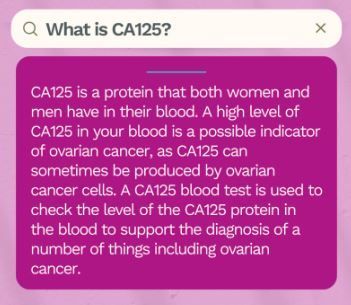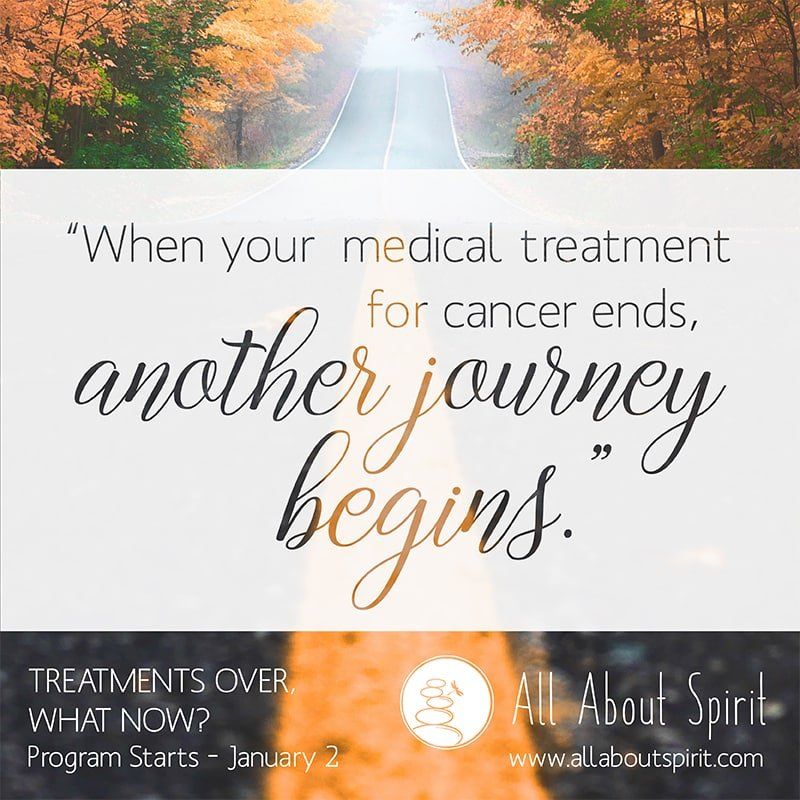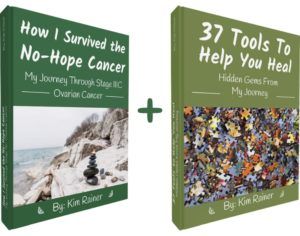Ovarian Cancer: The Silent Killer – Why You Need to Speak Up for Your Health

Ovarian cancer is often called the "silent killer," and there’s a reason for that. Its symptoms can be so subtle that they’re easy to mistake for other, less serious health problems. Bloating, stomach pain, feeling full quickly, or needing to pee more often can all be signs of things like digestive issues, stress, or just getting older. Because of this, ovarian cancer often goes unnoticed until it has reached a more advanced stage. That’s why it’s so important to be aware of your body and speak up if something doesn’t feel right.
Why Ovarian Cancer is Hard to Find Early
Unlike other cancers, there’s no simple, reliable test for ovarian cancer. With breast cancer, there are mammograms; for cervical cancer, Pap smears. But for ovarian cancer, the symptoms can be so mild that many women ignore them or assume they’re caused by something else. The truth is, these small changes in your body can sometimes be a sign of a bigger problem. Staying on top of your health means paying attention to these signs, even if they seem minor.
Be Your Own Advocate
Many women are taught to push through discomfort or to assume their symptoms are “just part of life.” But when it comes to ovarian cancer, it’s vital not to dismiss these signs. If you notice symptoms like constant bloating, pain in your lower belly, changes in your appetite, or needing to pee more often for more than a few weeks, it's time to act. You know your body better than anyone—trust yourself!
When you go to the doctor, be clear and firm about your concerns. Don’t brush off your symptoms, and don’t let anyone else do it either. Ask for tests that can help rule out other issues, such as a pelvic exam or an ultrasound. Also, request a CA-125 blood test—it’s the most reliable indicator for ovarian cancer available today. If you don’t feel heard, don’t hesitate to seek a second opinion. Remember, you have every right to stand up for your health.
Educate Yourself and Stay Alert
Learning about ovarian cancer can help you know what to watch out for. Risk factors include family history, age, genetics, and lifestyle. If you fall into any of these categories, it’s even more important to stay alert. Connecting with support groups or communities can also be helpful; hearing from others who have experienced ovarian cancer can give you valuable information and support.
You Don’t Have to Do This Alone
Speaking up for your health can be hard, especially when you’re not feeling well. But remember, you’re not alone. Build a support team—doctors, family, and friends who will help you listen to your body and get the care you need. By staying aware and taking action, you can help catch ovarian cancer early, which can make a big difference in treatment.
Ovarian cancer may be called the silent killer, but that doesn’t mean you have to stay silent. Speak up, get the care you need, and encourage others to do the same. Your health is worth it!
If this article inspires you, then please share the love...
Get The Survivors Manifesto
(it's free!)
What to do when your cancer is gone but everything still feels different.
Enter Your Details here
Survivors Manifesto Signup
Join Free For Post-Cancer Support
Join the All About Spirit Community to receive support
& encouragement via email, from one survivor to another.


